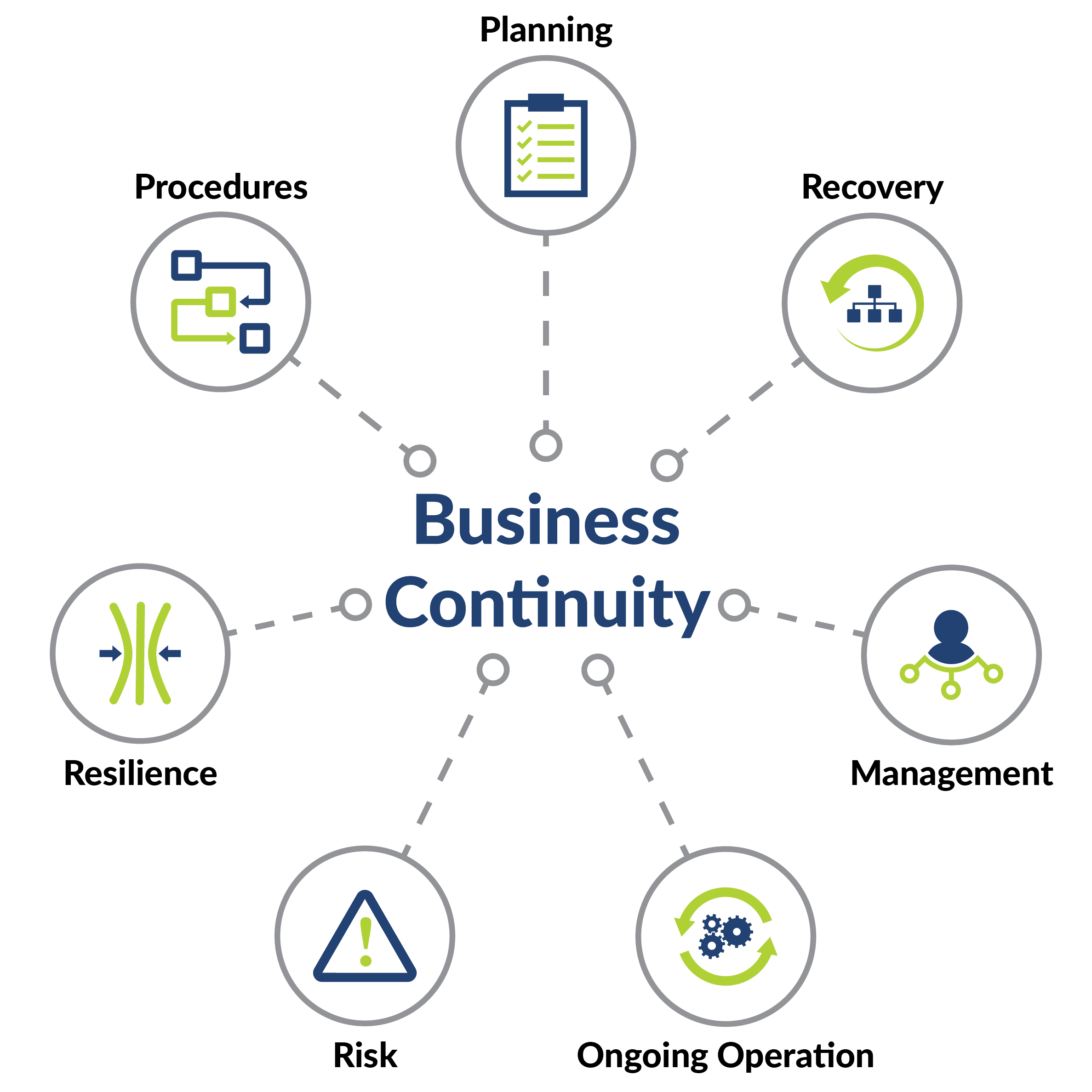The Rise of the Gig Economy

Digital disruptions such as FinTech, RegTech, Cyber security, E-Commerce, AI and Automation has enabled a new form of efficiency in economic chains such that the World will see many jobs being replaced by IT systems or Automation. What will happen is that these displaced workers and future job seekers would have to adjust and acquire new skills in light of these disruptions. Many administrative or clerical work and or work which is repetitious will be easily replaced. Future workforce would have to be highly adaptive, creative, and possess critical problem solving skills such as critical thinking in order to solve future problems. They would have to keep on learning new skills and acquire information in an unpredictable economy. Although the World population is slated to increase especially so in the developing economy, the population would remain stagnant and even on the decline in the developed economy. This is due to higher living cost and also better access to good education, healthcare and lifestyle in the latter, enabling more opportunities for their citizens to pursue, either for their own economic and or personal interests instead of building a family.
The workforce of the future, especially those in fast pace economy (developed nations) would thus tend to follow in similar trend, to pursue more efficiency in an already advanced economy by innovating further and to clock higher productivity. This could only be achieved if the workforce possesses certain skills set such as creativity, problem solving, critical thinking and among others. Business models will evolve much faster to adapt to faster changing consumer demands and trend and they will be much more nimble as will the workforce. The businesses will be much more efficient, with only key core people holding critical functions while the ‘peripheral’ functions would be outsourced. These peripheral functions would then be absorbed and fulfilled by outside ‘suppliers’ and the future workforce will gravitate around these ‘outside suppliers’ idea and in it, they would have to be very knowledgeable, very aware, and for certain functions, to have specific trade skills. We have seen such things and the potential peripheral functions in organizations are such as HR, Learning & Development, Sales, Marketing, Technical Experts and they would be hired on project or consultancy basis.
The future economy will afford workers more personal time, and to afford them to be mobile and less confined to physical office idea and we would see (or already saw) the rise of co-working space and the sprout of cafes where by people with similar ideas could share, work and congregate together. The education system would also see revamp in equipping future workforce with a diverse skills set instead of just one specific trade skills. This is the Gig Economy.
https://straitsjournal.com/the-rise-of-the-gig-economy/Digital TechnologyGlobalLatest Thinkingeconomy,gig,gojeck,grab,Latest Thinking,sharing Digital disruptions such as FinTech, RegTech, Cyber security, E-Commerce, AI and Automation has enabled a new form of efficiency in economic chains such that the World will see many jobs being replaced by IT systems or Automation. What will happen is that these displaced workers and future job seekers...escveritas [email protected]AdministratorThe Straits Journal




Leave a Reply